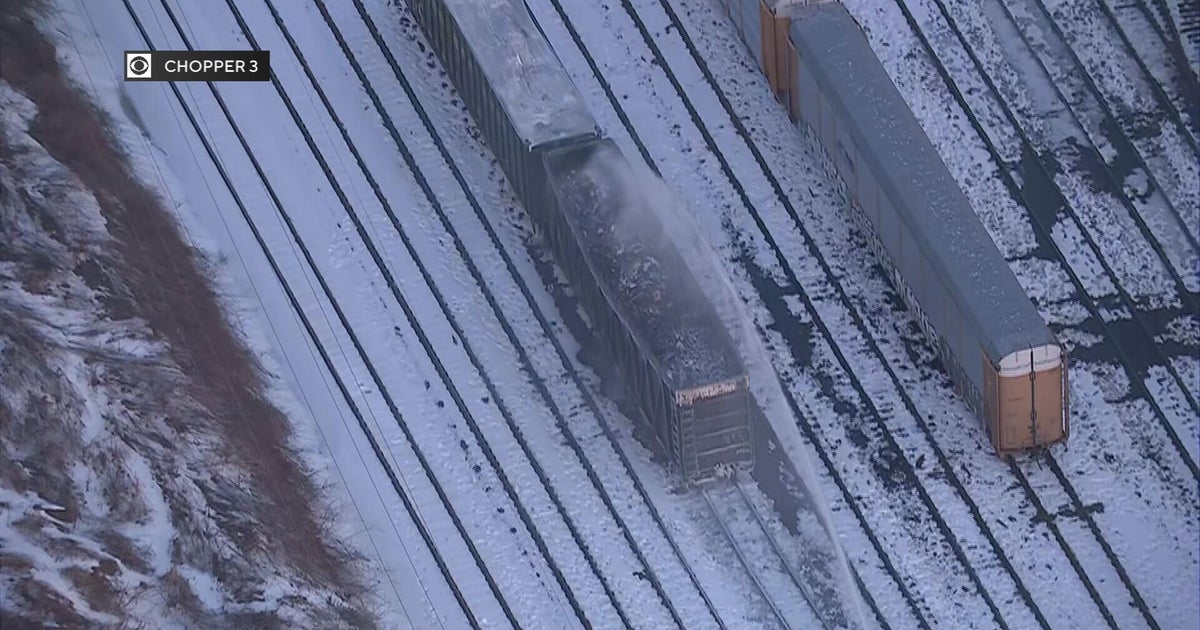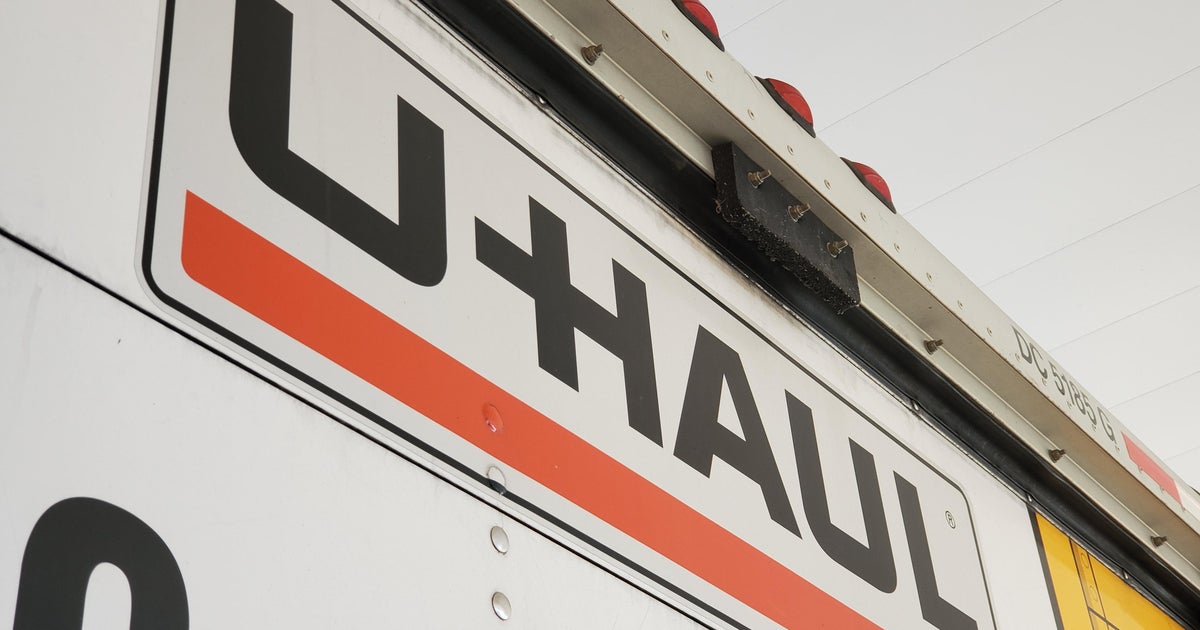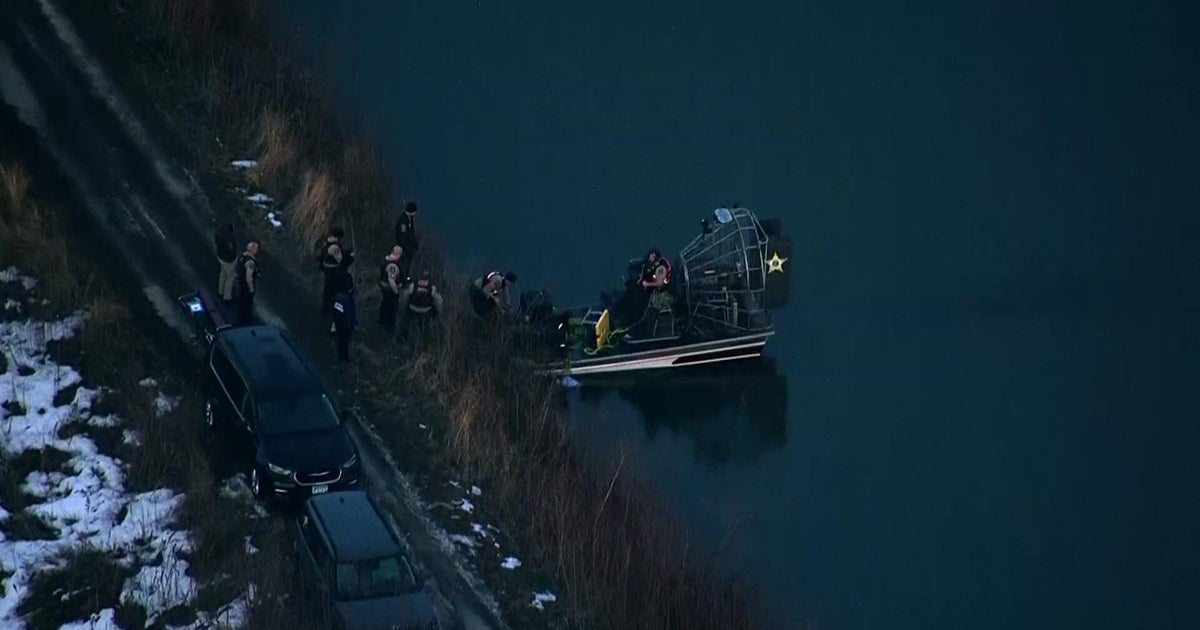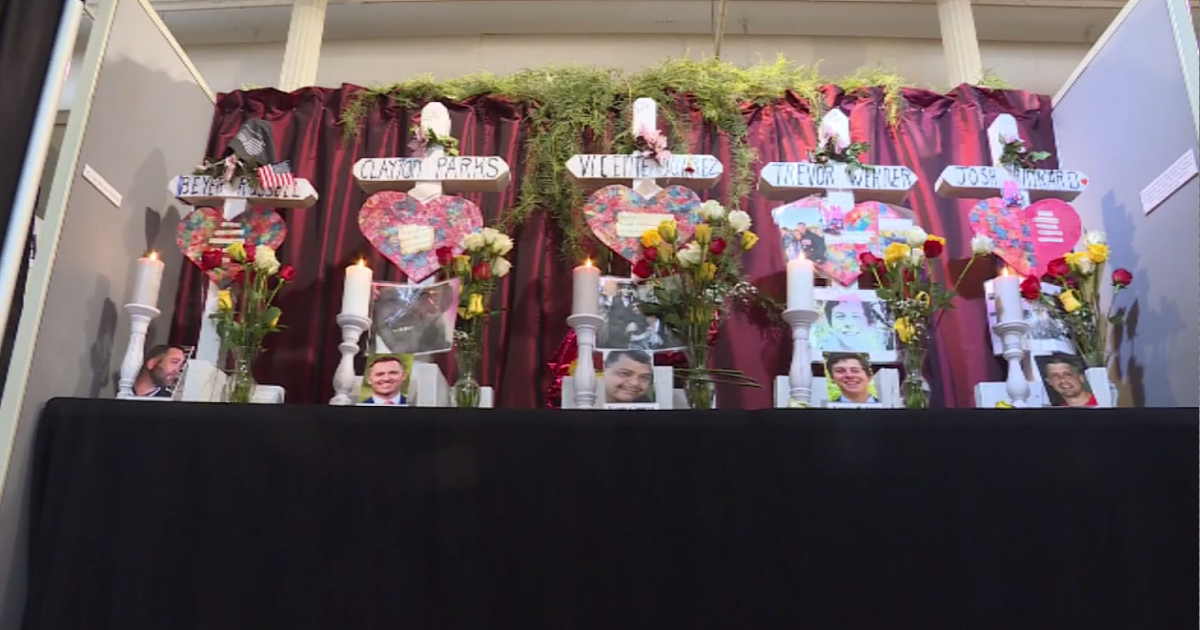Frito-Lay Ditching Diesel Vans For Electric
FORT WORTH (CBSDFW.COM) - Quick, visualize a battery-powered vehicle. Not a hybrid, but one that ONLY has a battery. I imagine that you are thinking about a Toyota Prius or something that has a big bubble of a windshield and holds two people.
This is only part of the future of electric-powered transportation.
The DFW area is burdened by one salient fact. This is the largest metropolis IN THE WORLD not served by a harbor or a navigable river. Everything comes in on a truck or railcar. And if it did arrive by train, there is a very good chance that it was loaded onto a truck for its final destination.
There are eight million long-haul semi-trucks on the road in America right now, as you are reading this. The average 15-ton payload that they move around is part and parcel of what is 70 percent of our economy: consumer goods. These trucks get about eight miles to the gallon, which means that a tremendous amount of diesel fuel is required to make our economy function. But there is another huge part of this supply chain, moving goods to the shelf.
The typical supply chain route goes like this: factory-to-truck-to-ship (as most consumer goods are produced either overseas or over the border) and then truck-to-warehouse-to-delivery truck. So, much what you see moved around in a semi on the highway ends up on delivery trucks in the city.
Many companies are attempting to unlink their profit margin from oil. (Because when the price of a barrel of oil swings, the prices of goods follows.) Frito-Lay is trying this on two fronts -- compressed natural gas (CNG) for their long trucks and electric for their delivery vans. T.Boone Pickens can talk at length about CNG. (His lecture on TED is worth a listen.) But I went to the Fort Worth delivery warehouse of Frito-Lay to find out about their electric trucks.
These trucks are made by Smith Electric in Kansas City. Frito-Lay has bought 176 of their 'Newton' trucks to replace their aging fleet of diesel step vans.
The Plano-based chip company operates the seventh largest commercial delivery fleet in America business, well over 20,000 trucks and vans. Those in charge of the massive fleet estimate that the Smith Electric van can replace about 2,000 of their diesel-powered vans. Frito-Lay retires about 300 of these trucks a year. They plan to replace most of them with electric.
The two batteries that run these vans are each the size of a sofa. Delivering snack food offers a unique set of circumstances that well fits the use of an electric-powered truck. The load is light (maximum is about 5,000 pounds), the trips few (about four or five stops) and the routes are short.
The Fort Worth facility operates 10 of the trucks. They charge overnight and run in the day. The cost equivalent is about 30 cents a gallon compared to diesel. Even better is that Frito-Lay buys their electricity at wholesale prices on long contracts. They already know how much their electricity will cost for the next couple of years. They cannot say the same about diesel.
Right now, Frito-Lay is tapping into federal and city funding to offset the initial purchase price of the all-electric trucks. What they gain, however, is preemptive planning, a hedge bet against the negative things the future can bring. What happens if the Middle East oil supply is suddenly cut off and the gallon price of diesel goes to $10? What if carbon-credit becomes federal policy?
Mike O'Connell is the fleet director. He said that the mission is simple. "Our internal target is to reduce our fossil fuel dependency by 50 percent by 2020."
The Frito-Lay drivers seem to love the electric trucks. They don't smell like diesel exhaust by the end of the day, and the hum of a diesel engine isn't ringing in their ears at night. Plus, it is always nice to be using the very edge of the newest technology. They are asked about their trucks all day long while on their routes.
But, perhaps more importantly, is that we can all benefit from Frito-Lay buying more trucks. Increased production leads to more battery innovation, and battery cost is the driving factor. "It's totally dependent on battery cost evolution." explained O'Connell. "There's lots of companies, including ours, investing in research and supporting initiatives for government agencies and non-government agency initiatives to drive battery price down."
If battery price is cut in half, the change over from electric to diesel becomes automatic. Air in our cities gets cleaner. Oil shocks lessen.
The primary source of electricity generation in Texas is natural gas. That produces carbon emissions. So, going over to electric delivery vans will not address all of our environmental issues, but it is a start. And Frito-Lay has ordered 100 more trucks.
Also Check Out:







